If you’ve never done much gardening before, it’s easy to become overwhelmed and assume that it’s tough stuff. However, once you get your feet off the ground and start learning things, you’ll find that it’s pretty easy, and the rest comes naturally. To get you started, though, it’s certainly worth knowing the following gardening hacks, which will most definitely make things even easier for you later down the line.
Use Coffee Grounds as Fertilizer
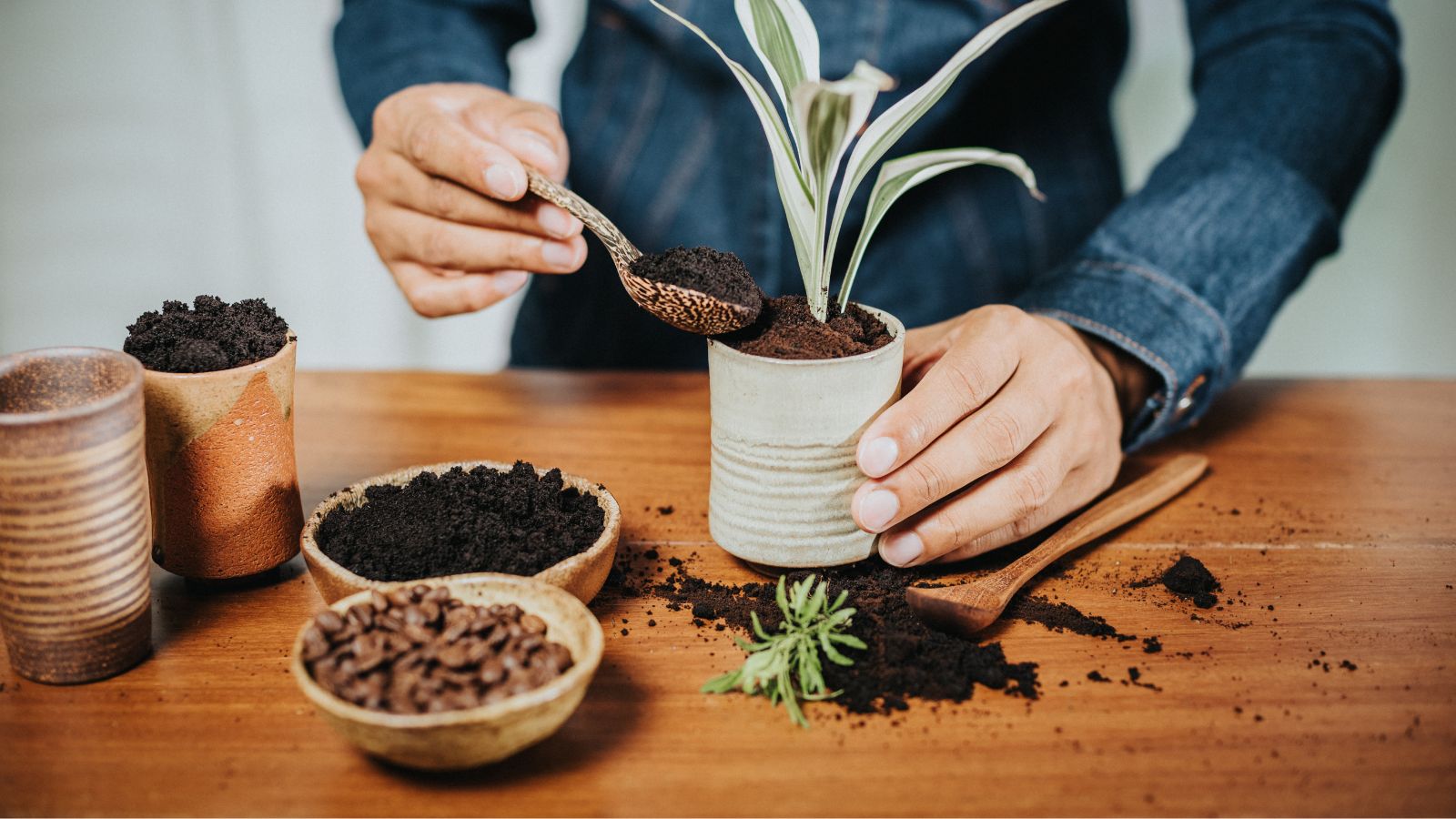
You might think it sounds counterproductive to feed your plants coffee grounds, but it’s actually very healthy for them. Coffee is rich in nitrogen, making grounds a fantastic addition to your compost or soil. Just sprinkle them around your plants to provide essential nutrients, and not only will it improve your soil structure, but it can also help attract beneficial earthworms.
Create a Seed Tape
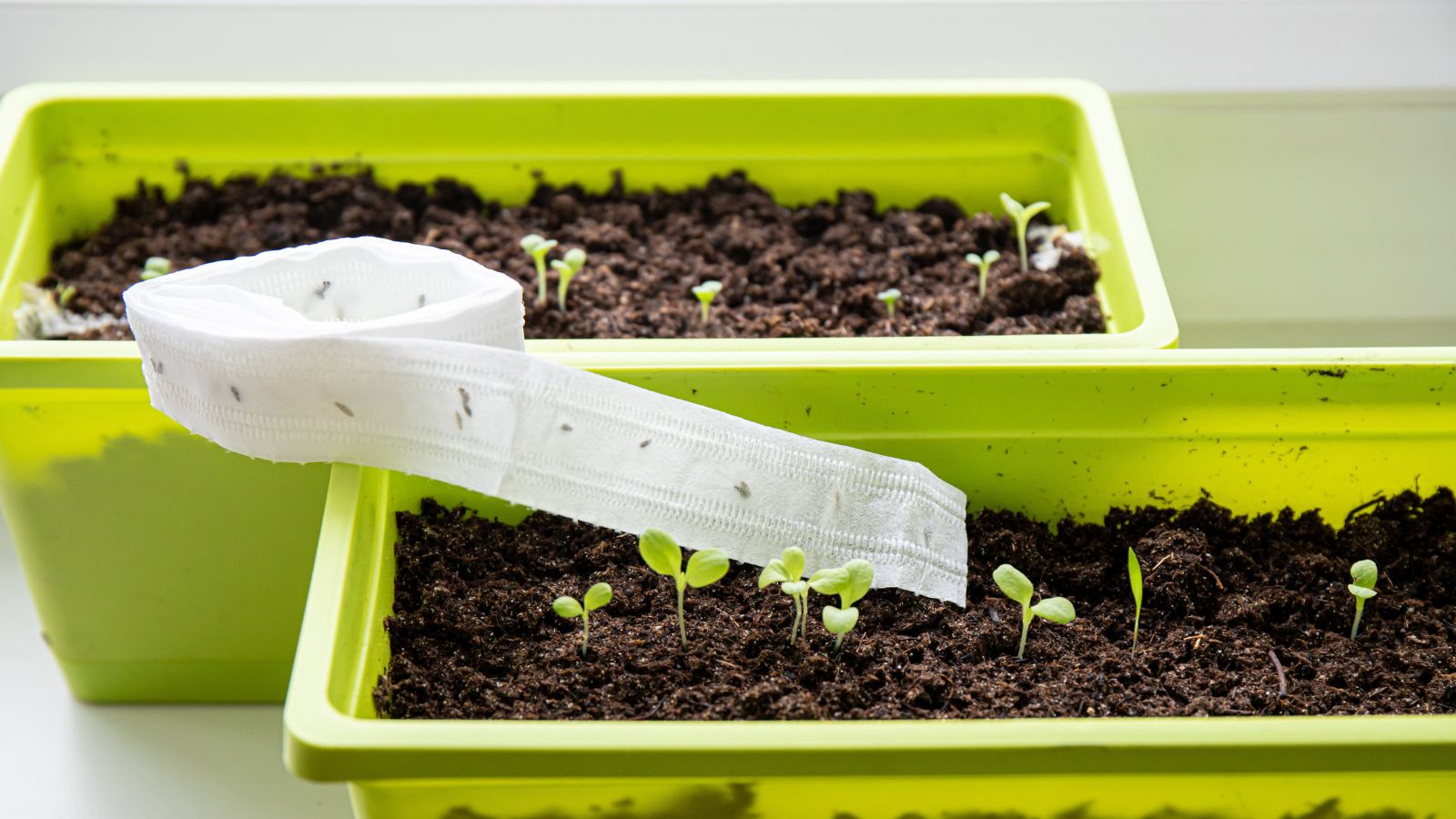
There’s no denying that planting tiny seeds can be a challenge, but not if you know about using seed tapes. Essentially, this involves using strips of toilet paper and a flour-water paste to attach seeds at even intervals. Once dried, plant the tape directly into the soil; the toilet paper will biodegrade in no time, and it will ultimately ensure proper spacing, making it easier for seedlings to thrive without overcrowding.
Use Eggshells for Seed Starters
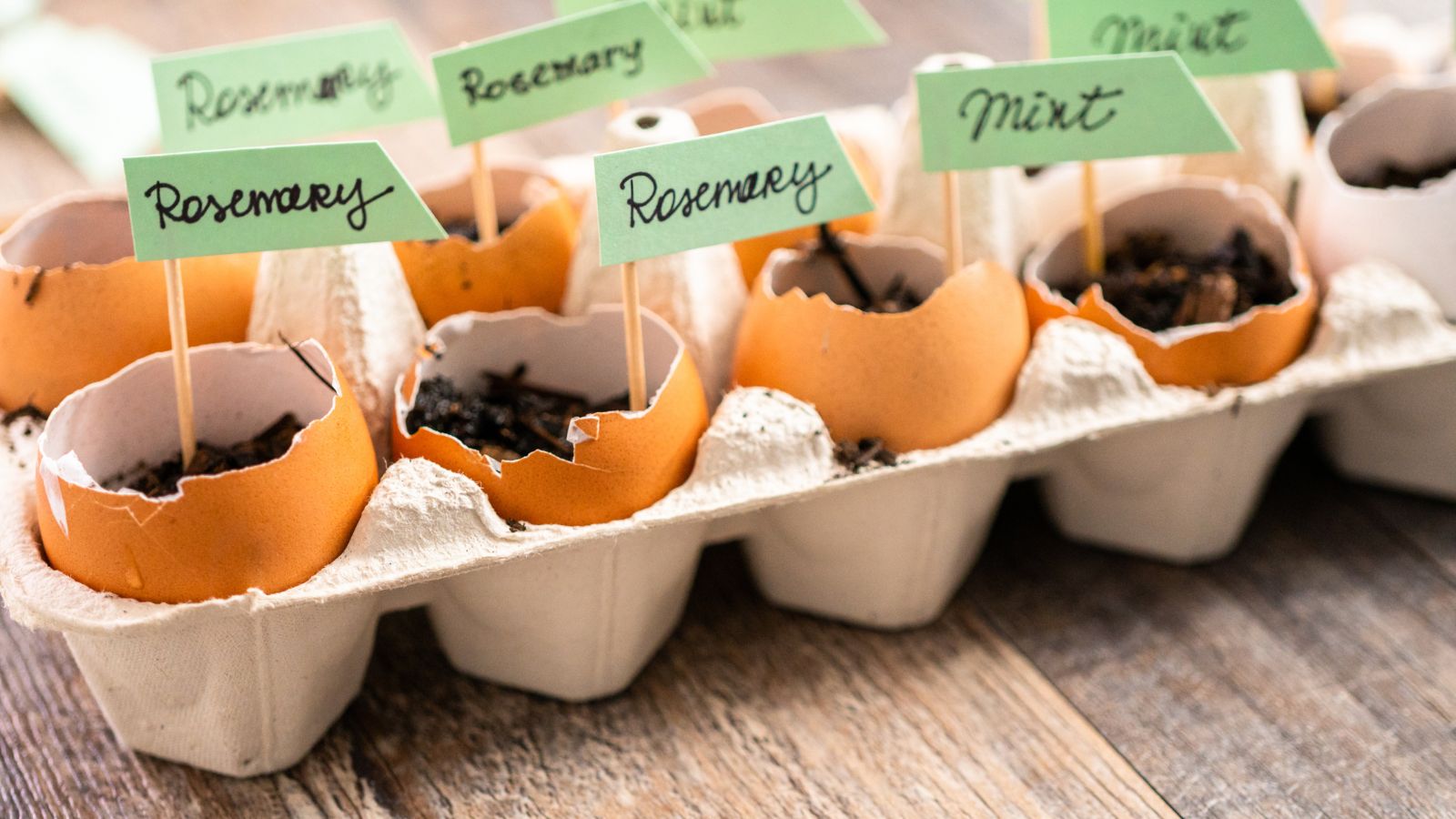
This might sound strange, but eggshells can serve as mini planters for starting seeds. Just rinse out the shells, fill them with potting soil, and plant your seeds inside, and just like that, you’ve got yourself some seed starters! It’s a totally biodegradable option that not only reduces waste but also adds calcium to the soil as the eggshells break down, so why not give it a go?
Water in the Morning
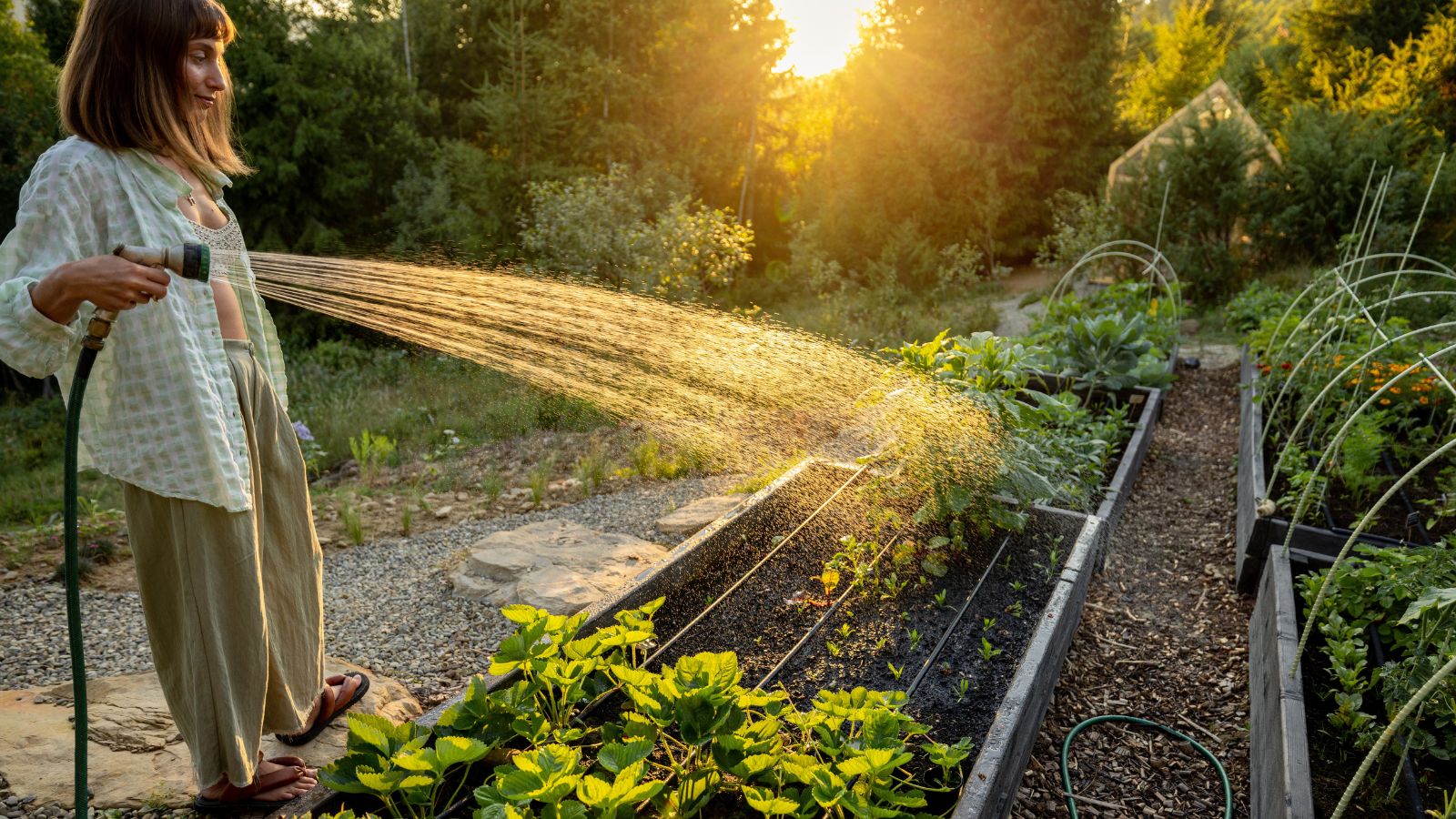
Timing is everything when it comes to watering your plants, with morning being the ideal time, as it allows foliage to dry off during the day, reducing the risk of disease. Additionally, watering early helps your plants absorb moisture before the heat of the sun sets in, promoting healthy growth and vibrant blooms. Finally, it’s a good habit to get into to ensure that your plants never miss a day of watering, even when you have a busy schedule.
Use Newspaper as a Weed Barrier
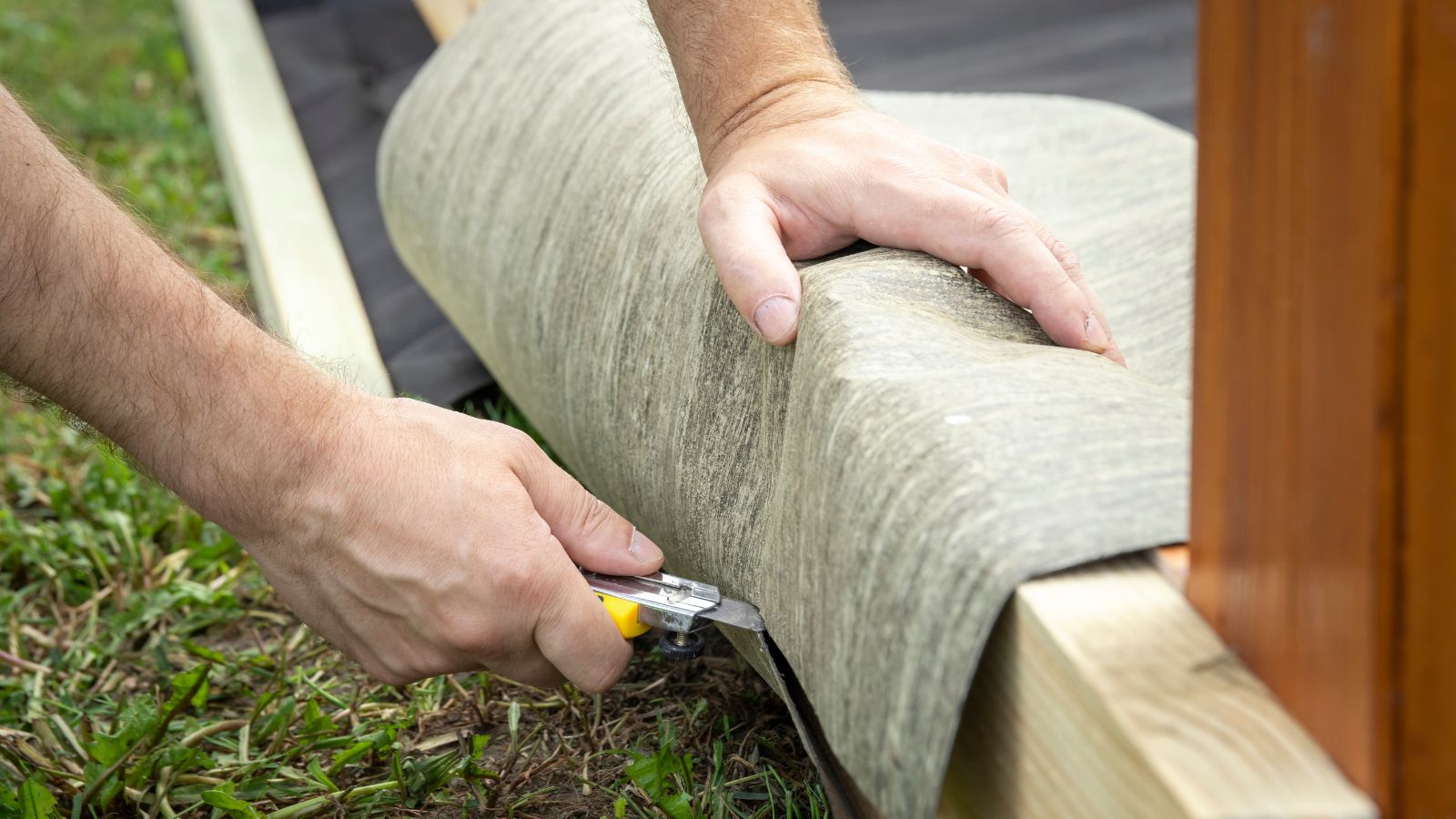
Even the most experienced gardeners will agree that weeds can be a nuisance, but that’s why many use newspapers to make weed barriers. Yes, it’s as simple as laying down a few layers of damp newspaper over your garden bed and covering it with mulch. This simple barrier blocks sunlight, preventing weed growth while retaining moisture in the soil. As the newspaper decomposes, it also adds organic matter to the soil.
Repurpose Old Containers for Planters
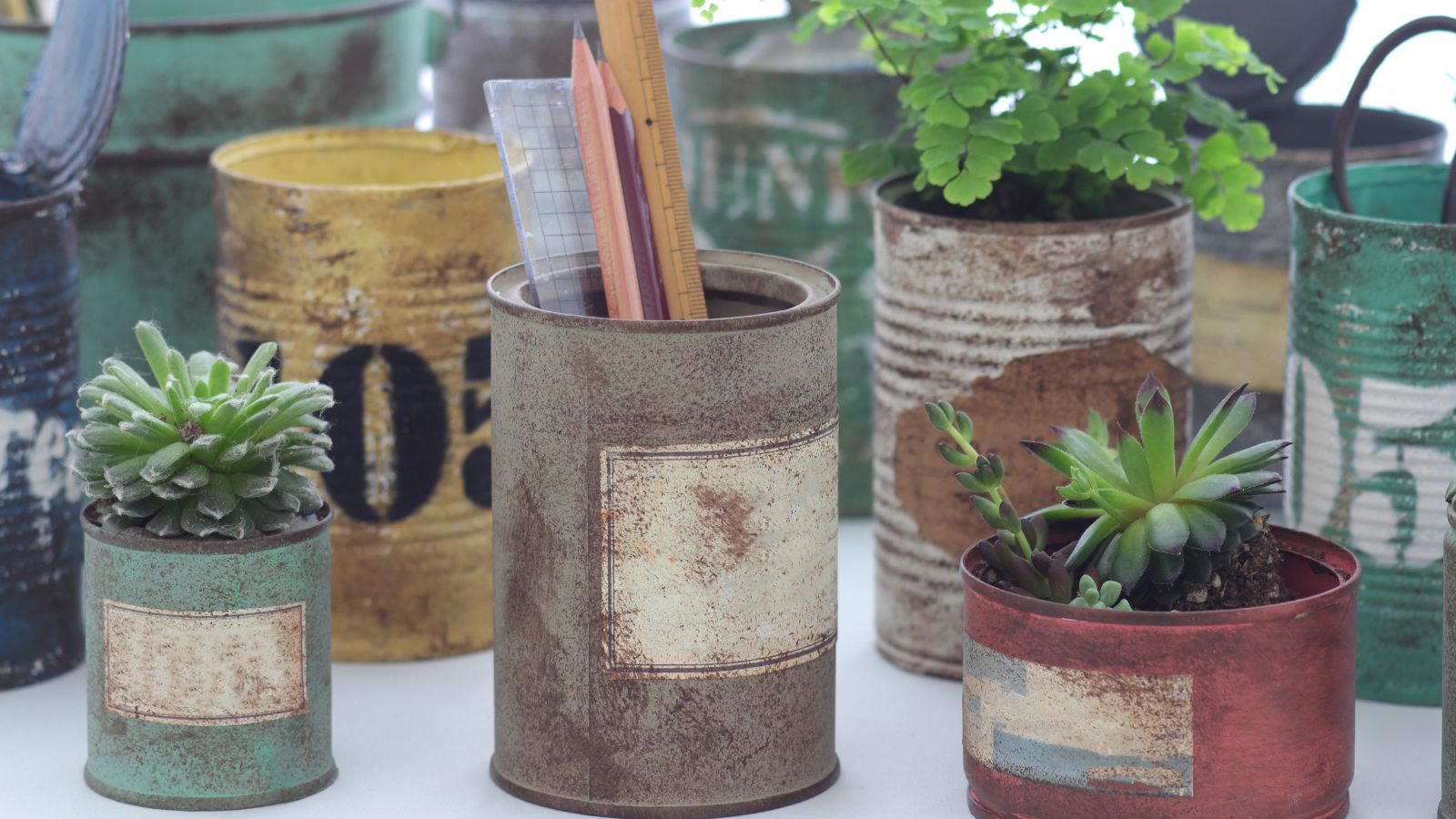
Don’t toss out those old containers and utensils; instead, give them a new life as quirky planters, just like with your eggshells. Teacups, tin cans, and even old shoes can make charming homes for your plants. Just ensure they have proper drainage holes, and get creative with your gardening style.
Learn Companion Planting
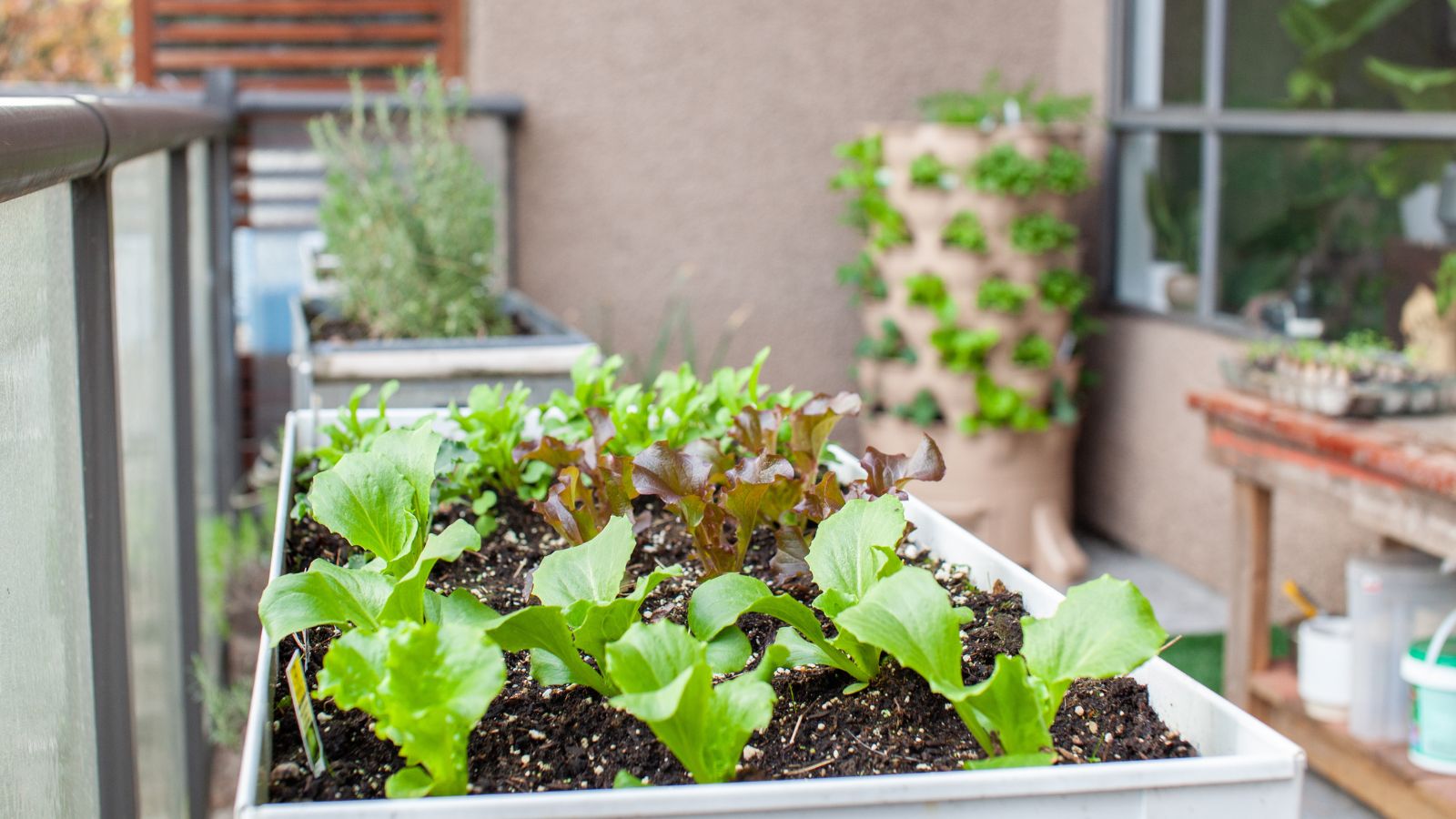
Companion planting involves pairing certain plants to enhance growth and deter pests, and learning its combinations will make your life as a gardener a whole lot easier. For instance, marigolds are known to repel harmful insects while attracting pollinators, while tomatoes and basil thrive together, as basil can help improve the flavor of tomatoes. Just do some research on the companions of your favorite plants and plan them together for next spring.
Make Your Own Plant Labels
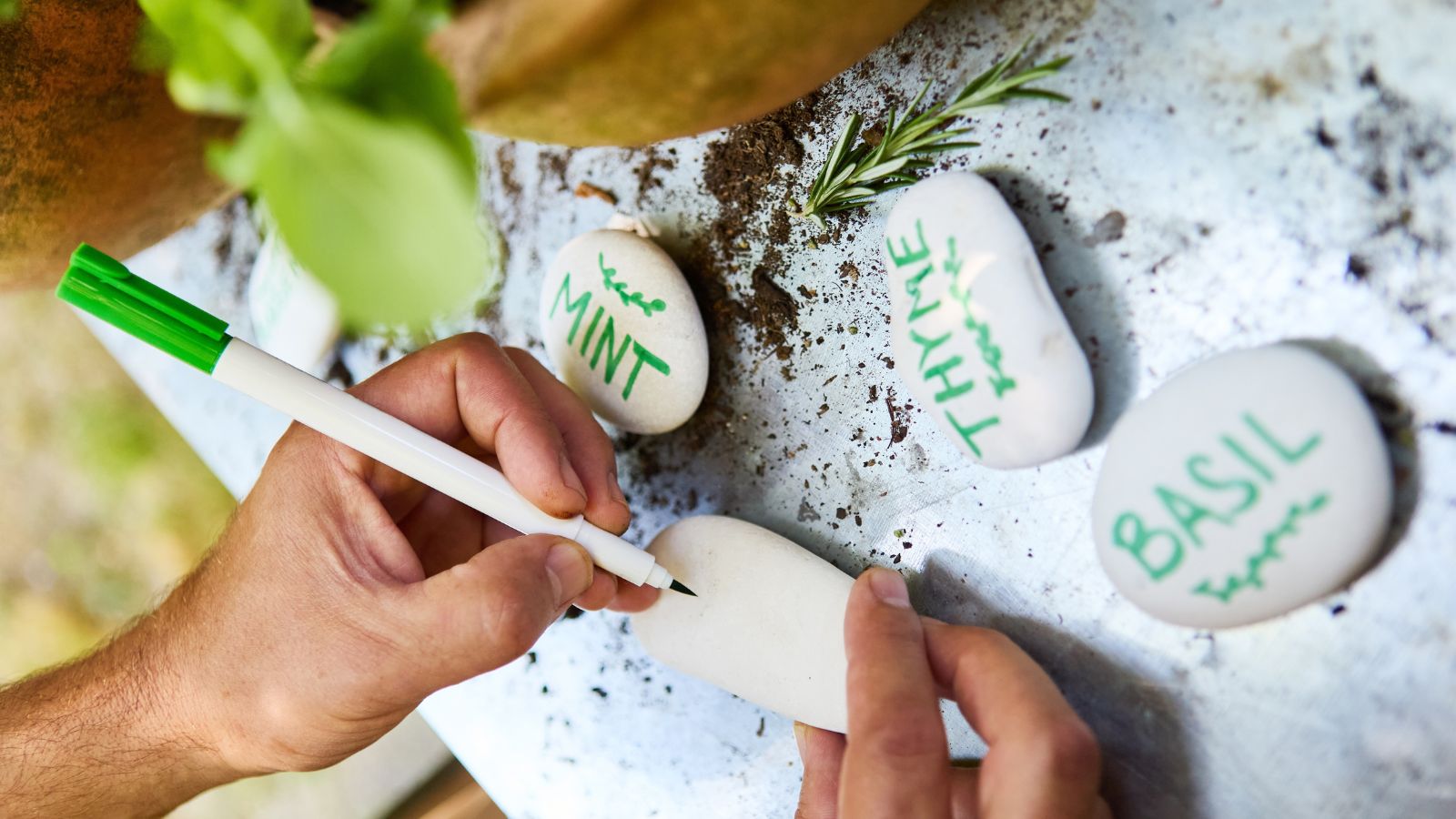
Forget about buying those expensive store-bought plant labels, as you can easily make your own using materials like popsicle sticks or stones. Simply write the plant names with a permanent marker, and you’ve got yourself a budget-friendly option that allows you to personalize your garden while keeping everything organized.
Use a Spray Bottle for Seedlings
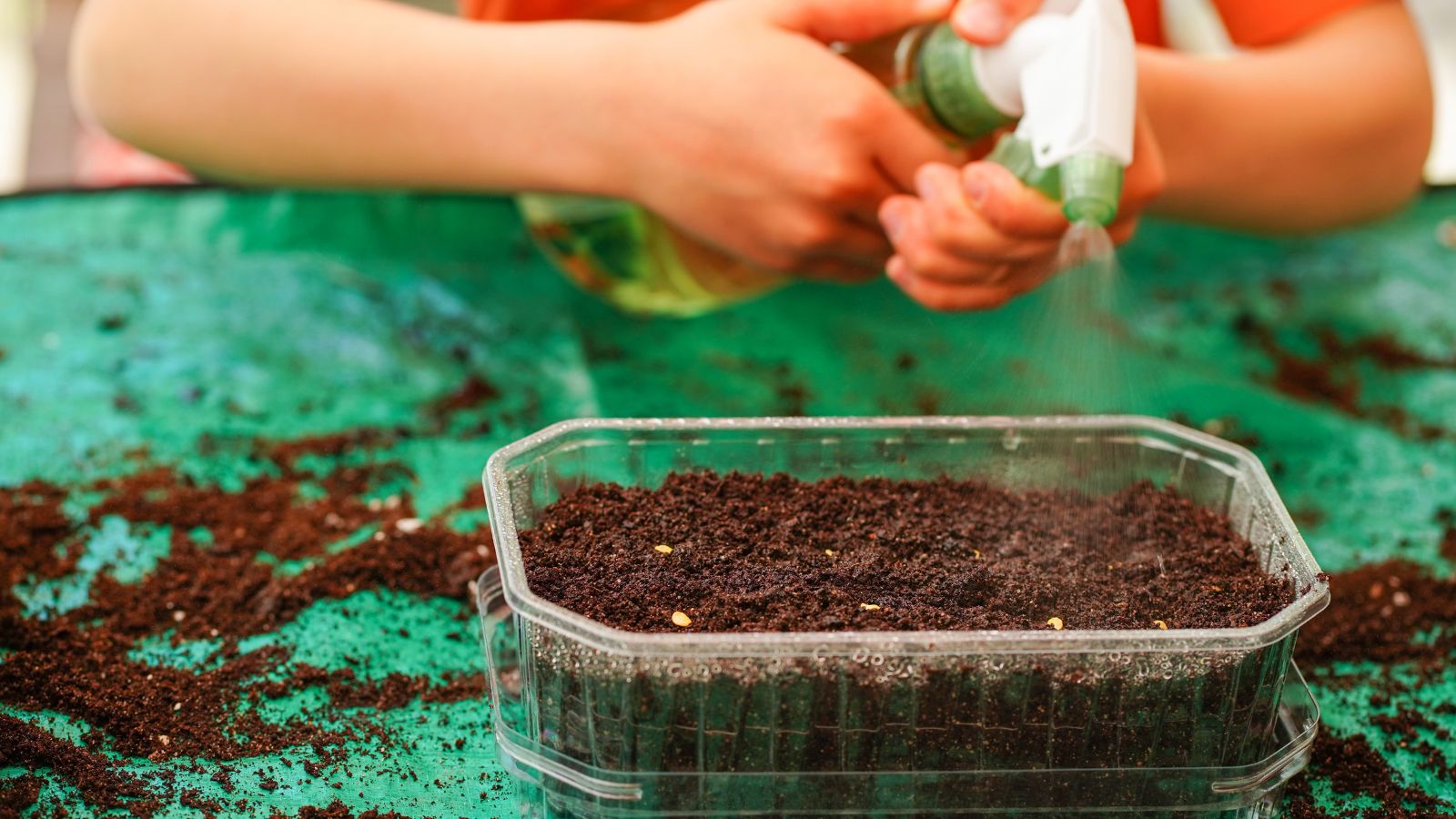
Beginner gardeners often don’t realize that seedlings require gentle care, so to avoid overdoing it, it’s wise to use a spray bottle to water them. Instead of watering them with a heavy pour, just mist the soil lightly, and you won’t disturb any fragile roots while still providing a consistent moisture level, which is essential for young plants.
Invest in Good Soil
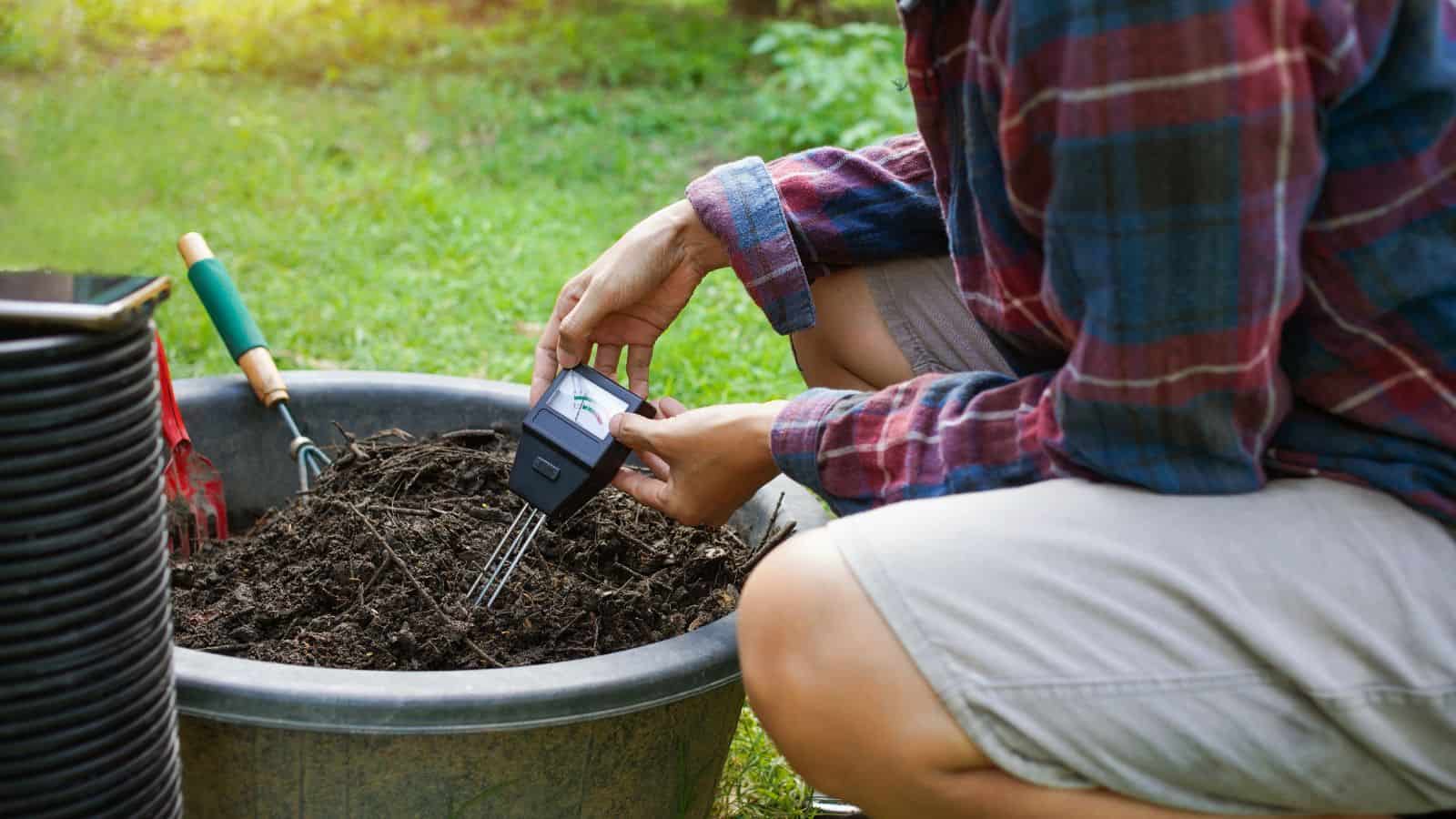
The foundation of a successful garden lies in quality soil, so don’t cheap out on it. Rather than skimping on this essential element, invest in a good potting mix or compost. Well-aerated, nutrient-rich soil helps plants establish strong roots and thrive, ultimately leading to a more fruitful harvest. Trust us–you’re not going to regret spending that extra few bucks months and years down the line.
Rotate Your Crops
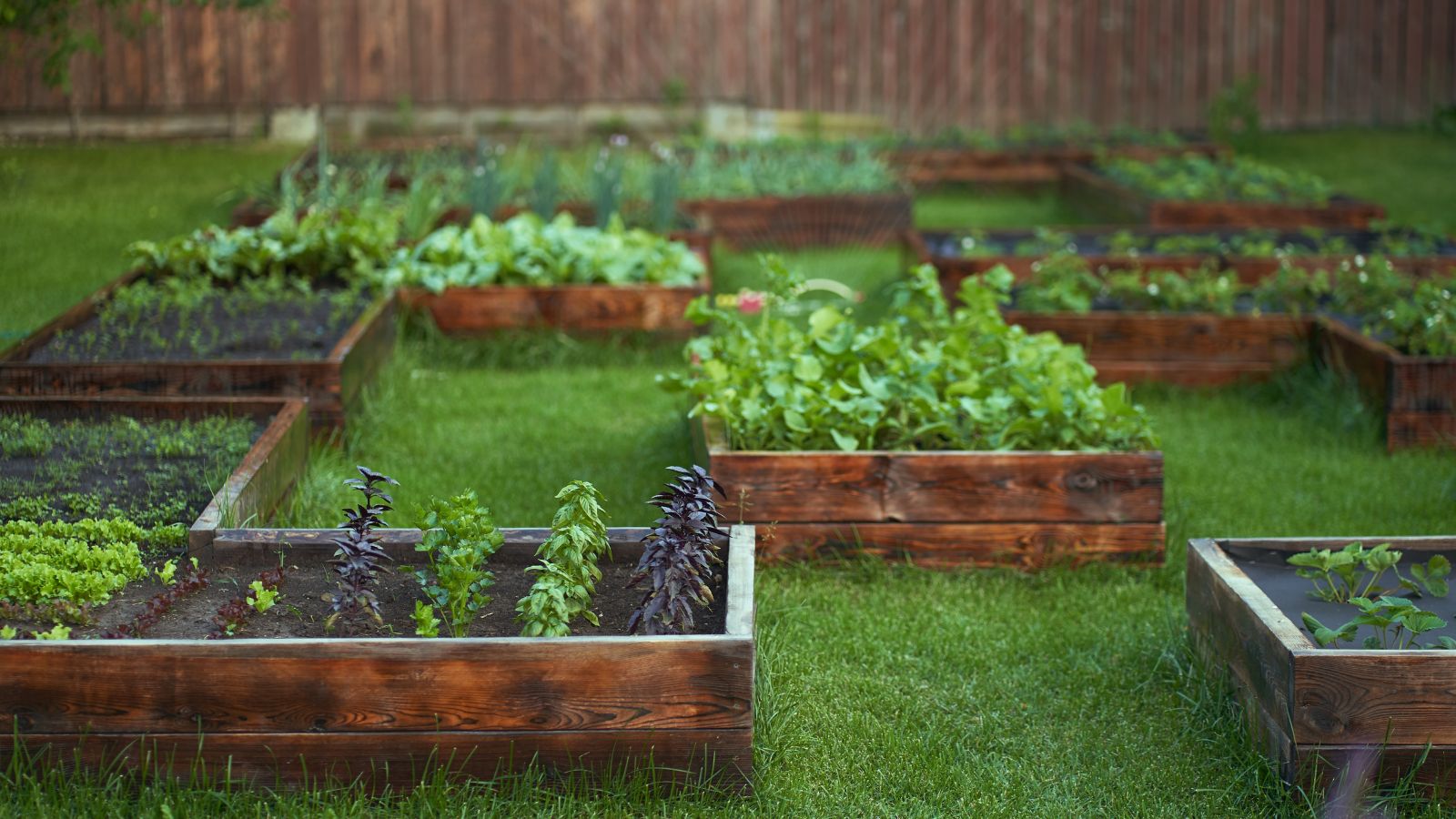
If you plan to grow vegetables, rotating crops each season is essential. Different plants have varying nutrient needs and pest vulnerabilities, so by rotating, you prevent soil depletion and reduce the risk of diseases. Keep a simple record of your planting to make this process easier, and you’ll get the hang of it in no time.
Gather Rainwater
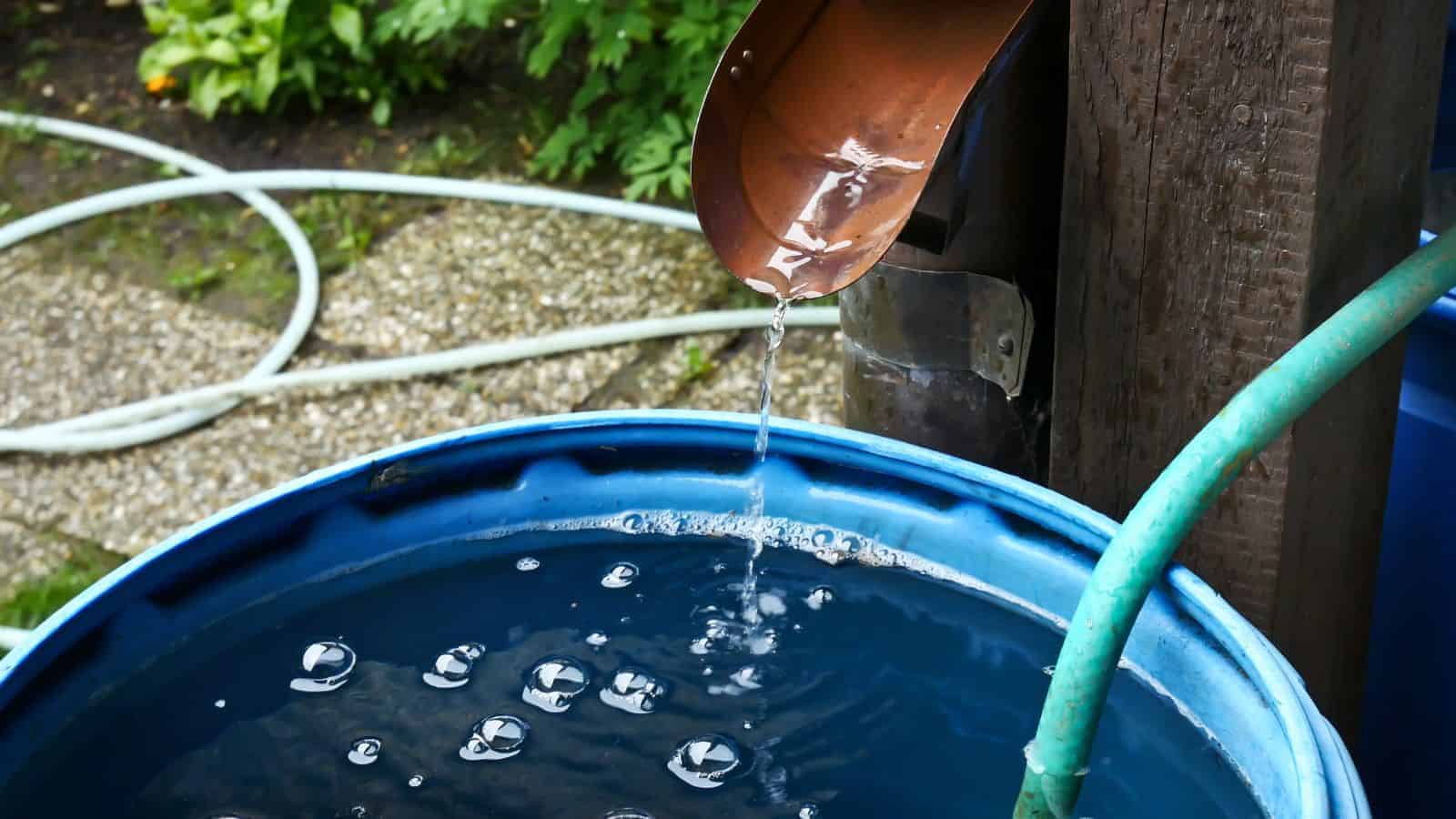
Sadly, watering a huge array of vegetables and plants can be quite wasteful when you think about it, but not if you collect rainwater. This is a far more eco-friendly way to water your garden; it’s quite literally as simple as setting up a rain barrel to catch runoff from your roof. This method not only saves money on your water bill but also provides plants with natural, untreated water, which they often prefer.
Use Vinegar for Pest Control
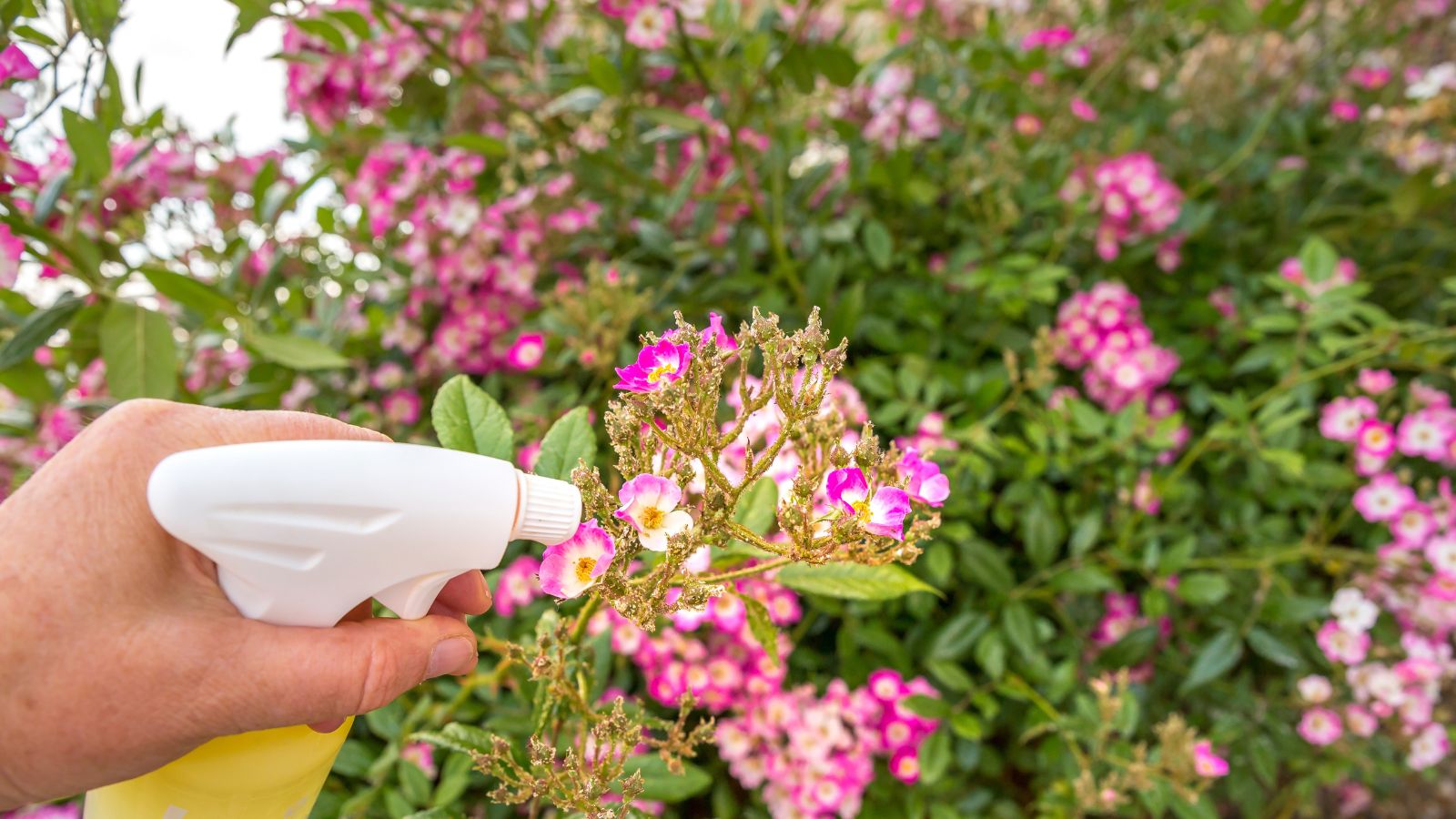
Just as it’s useful for cleaning and all sorts of other tasks, household vinegar can be a natural pest deterrent. Mix equal parts water and vinegar in a spray bottle and apply it to plants affected by pests. Amazingly, this simple solution can deter unwanted insects while being safe for most plants. However, you should always test it on a small area first to ensure there’s no adverse reaction.
Apply Mulch to Retain Moisture
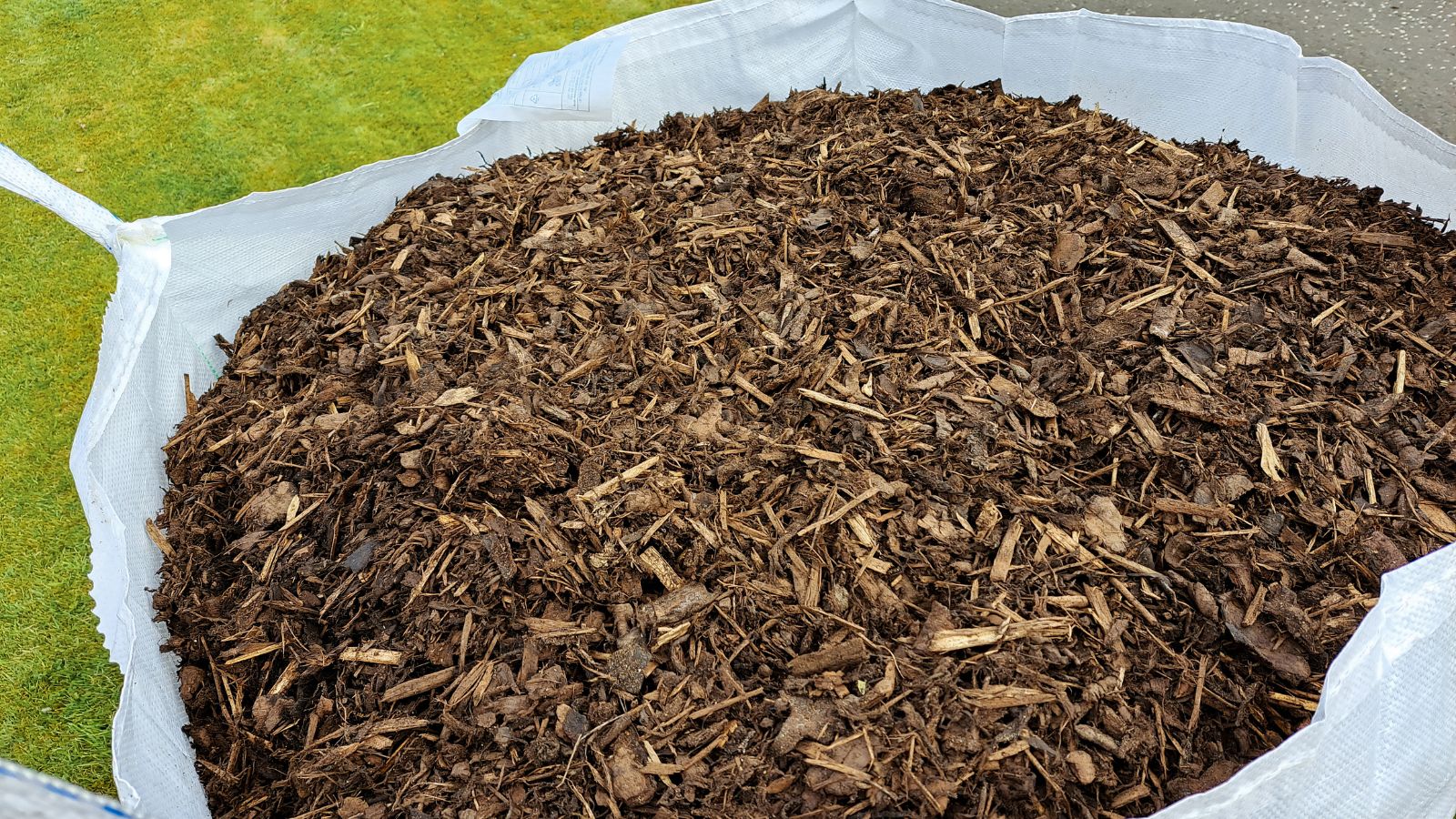
If you’re going to become a pro gardener, you’ll need to get to know mulch, a thick layer of material that is placed around your plants. It’s best to use organic options like wood chips or straw, as they break down over time, enriching the soil and retaining its moisture. This simple hack can save you time on watering, protecting your soil, and preventing weeds, all while providing your plants with the nutrients they need. It’s pretty versatile stuff!
Utilize Vertical Space
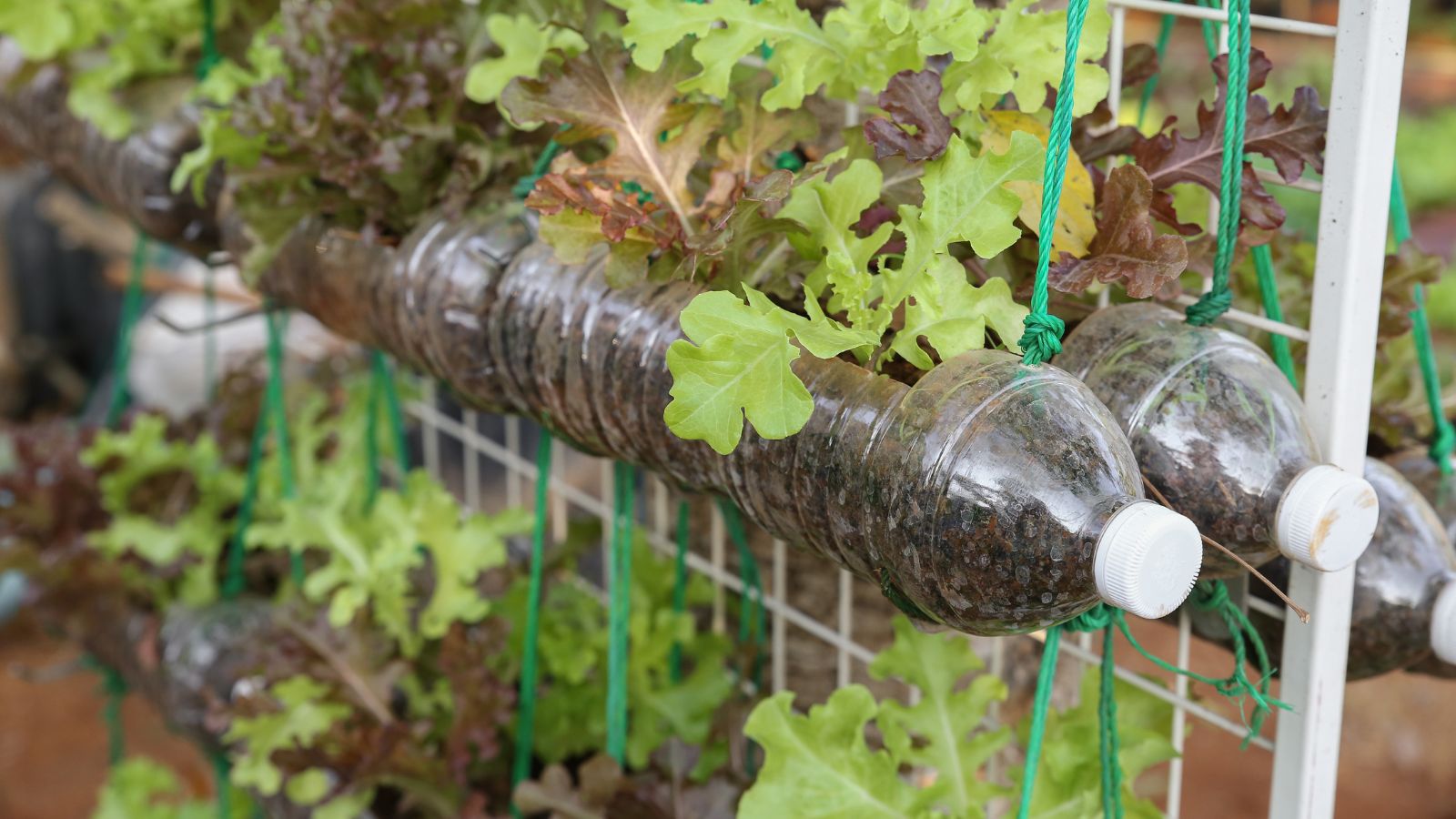
Not everyone can have an expansive yard to work with, so if space is limited, think vertically. Use trellises, hanging pots, or wall planters to maximize your gardening area. Climbing plants like peas and beans thrive in these setups, allowing you to grow more in less space while adding visual interest to your garden. This little hack could even enable you to grow your own vegetables even if you’ve only got a balcony, or even a windowsill!
Use Cinnamon as a Fungicide
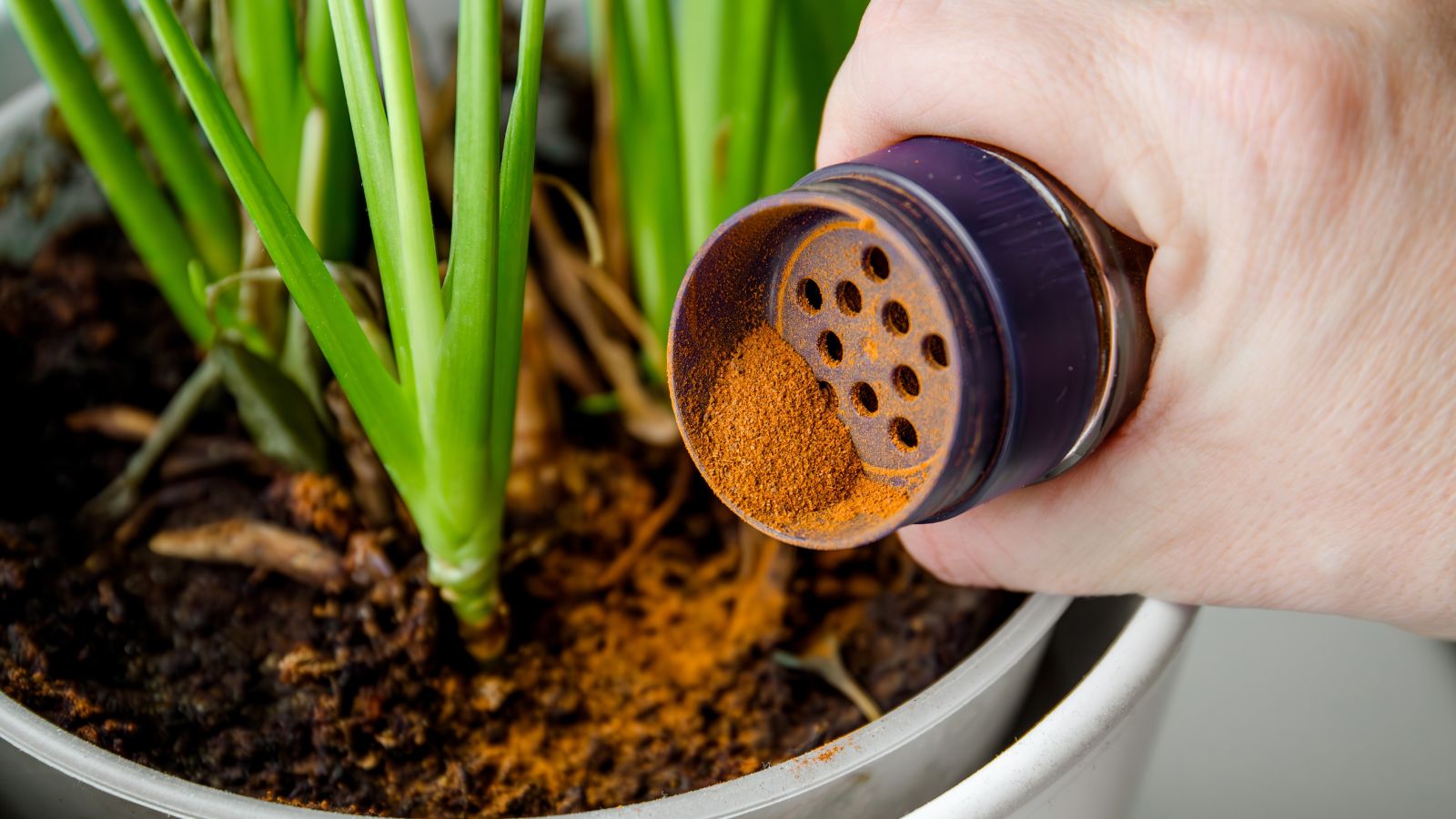
This is going to sound bizarre, but cinnamon isn’t just a tasty spice; it can also act as a natural fungicide. Sprinkling cinnamon on damp soil can help prevent damping-off disease, which commonly affects seedlings. Amazingly, this simple addition can keep your plants healthy and thriving without resorting to chemical treatments, so it’s worth remembering.
Make Compost at Home
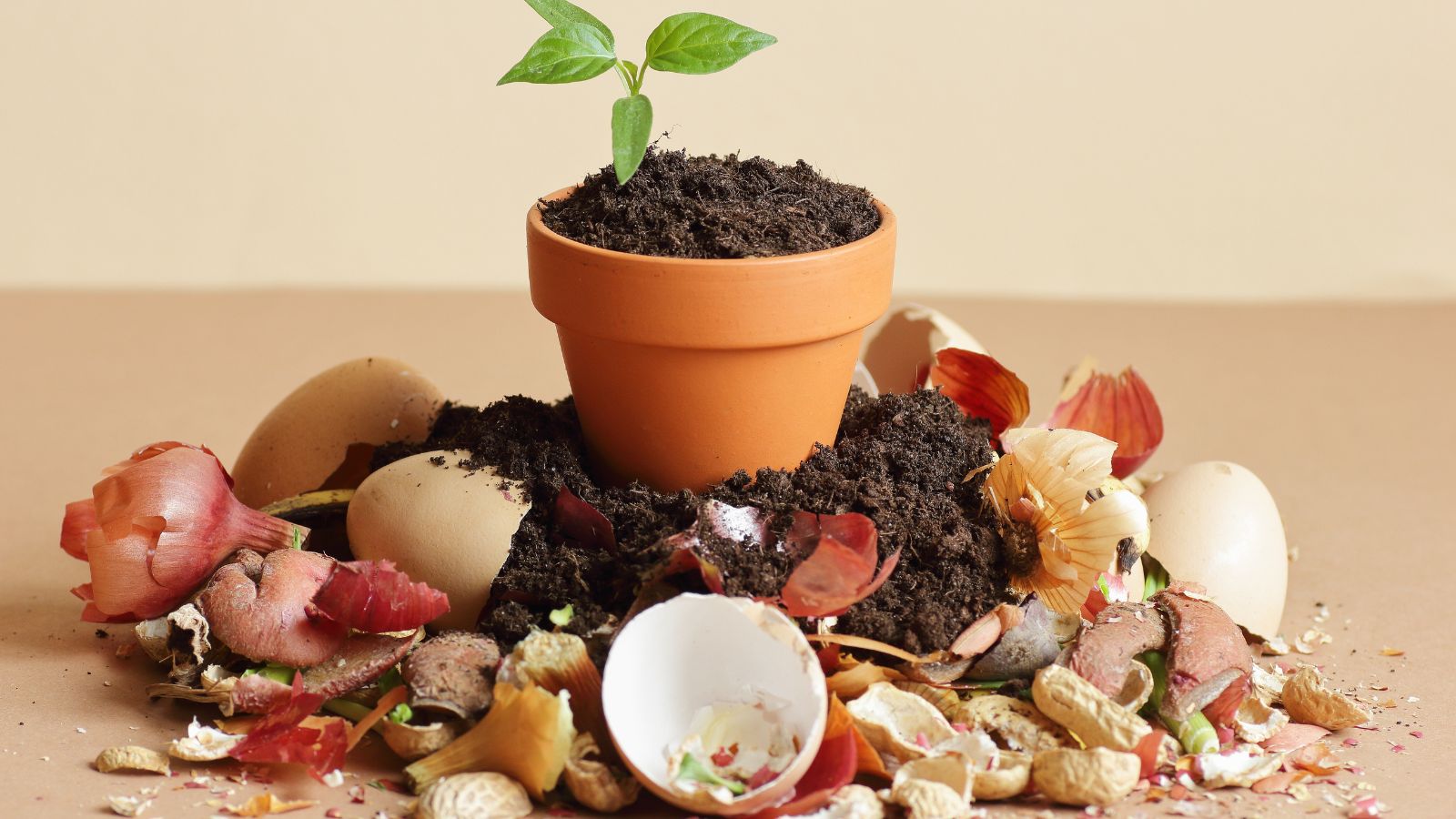
Garden hacks don’t get much more useful than learning to compost at home. All you need to do is collect your kitchen scraps and yard waste over the year, putting it all together to create nutrient-rich soil for your garden. Set up a compost bin or pile, and add organic materials like fruit peels, vegetable scraps, egg shells, and grass clippings. Over time, you’ll be amazed at how nature does its thing.
Start Small and Be Patient
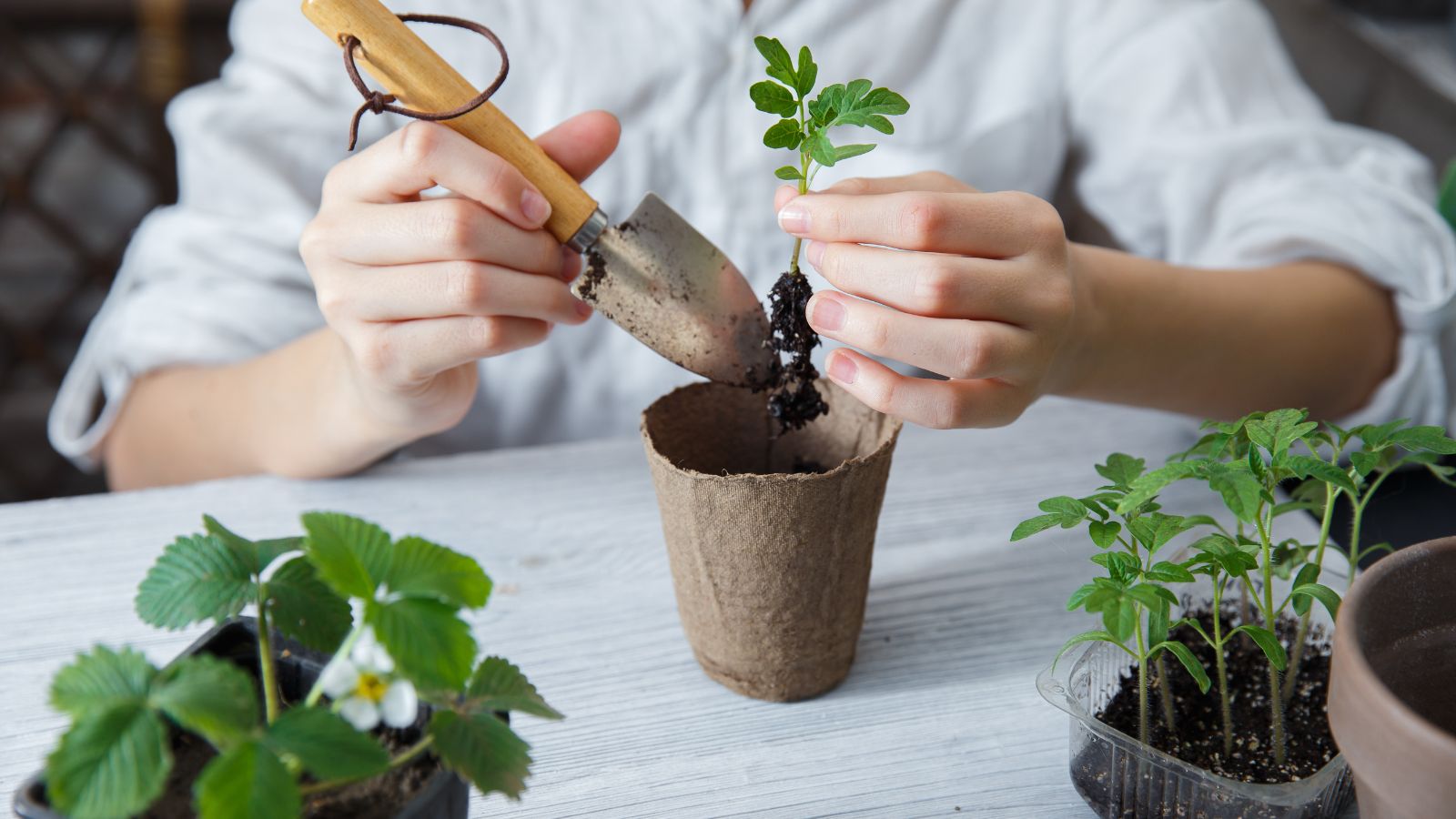
The final and perhaps the most important gardening hack on this list is to always remember to have patience. Gardening is about the journey, not the destination, although we’re not denying that it’s wonderful to enjoy the fruits (and veg) of your labor. Just start small, allowing yourself to learn and experiment without feeling overwhelmed, and then, as you gain confidence and experience, you can gradually expand your garden. Ultimately, patience is key, as plants take time to grow and flourish.
